Northamptonshire County Council: No local elections for cash-crisis county
- Published
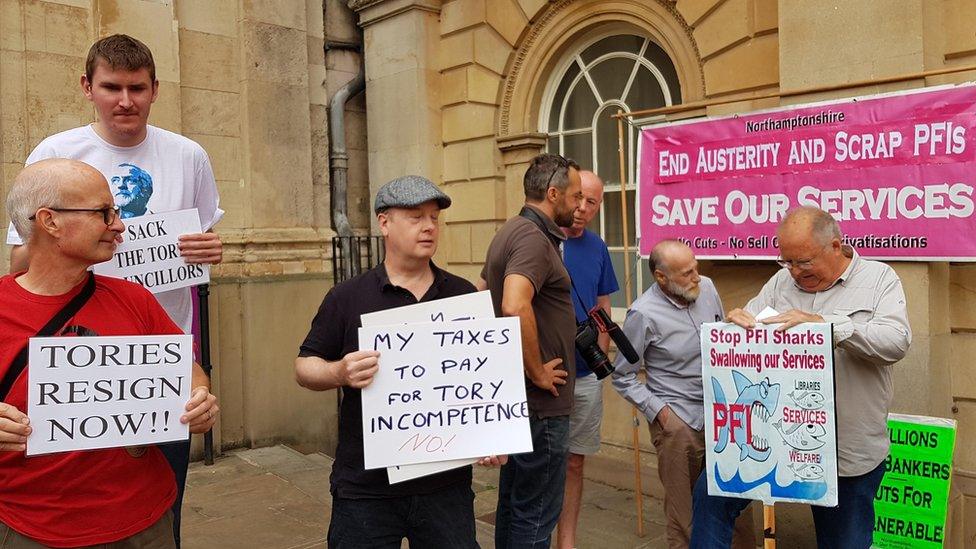
Campaigners have protested against plans to make cuts to some services
The reputation of Northamptonshire County Council has taken a battering in the last 15 months.
Last year, it twice banned spending, made cuts to some services and had to seek unprecedented special permission to sell off £70m of its assets.
Now, as part of budgetary controls enforced by government, planned local elections at Northamptonshire's district and borough councils are off.
But how did we get here - and what happens next?
Why is Northamptonshire in trouble?
Northamptonshire County Council looks after services including education, social services, libraries, public transport and gritting roads.
Last year, the Conservative-controlled authority overspent its budget by millions of pounds, forcing it to twice stop all non-essential spending.
At one point, it needed to find £43m to break even in the 2017-18 financial year. It eventually under spent for the period as a result of cutbacks, but in 2019-20 the council plans to make a further £41.4m in savings.
The government has also given the county council permission to spend £70m in so-called capital receipts, funds raised by selling off council-owned buildings or assets. It is hoped that money can pay off existing debt and restore the council's depleted reserve funds.
A former finance director at the council warned the authority had a "culture and behaviour where overspending is acceptable", but it blamed "unfair" government funding for its money issues.
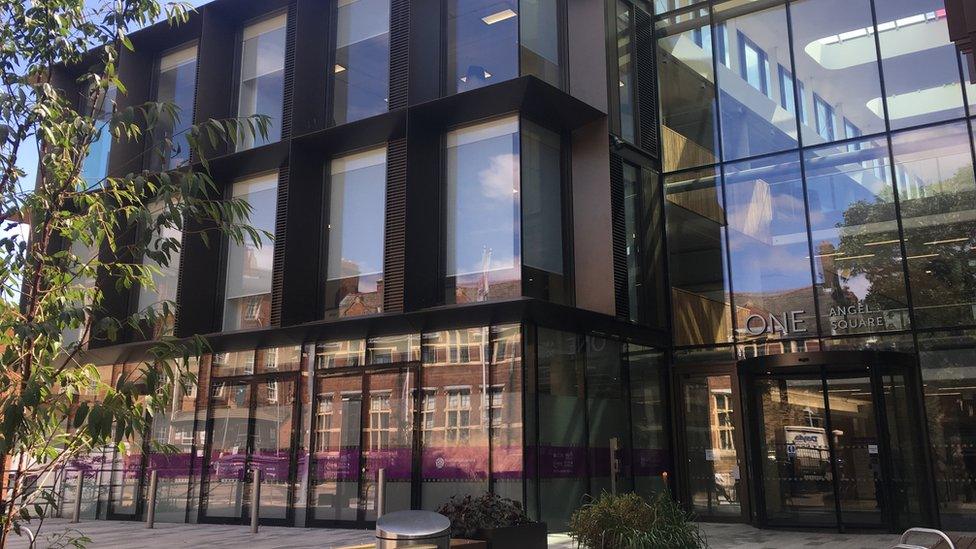
To help balance its books, Northamptonshire County Council sold off its new headquarters
What does this mean for residents?
During winter, hundreds of roads were not gritted saving £475,000. Several libraries will also be taken over by the community in a bid to keep them open.
The government has also given the council permission to raise council tax by 5%.
From 2020, it is planned that the council will no longer exist. It is due to be scrapped, along with seven other district and borough councils in Northamptonshire, to make way for two new unitary authorities.
Elections were due at all of the other councils, but because of the county council's crisis Communities Secretary James Brokenshire said polls "would involve significant costs that would be hard to justify" and they have been cancelled.
So, when will people get to vote?
It is not clear. It is possible that there may be new councils in the county by the time the people of Northamptonshire next go to the polls.
Votes were due at the borough councils of Corby, Kettering, Northampton and Wellingborough as well as at district councils for East Northamptonshire, South Northamptonshire and Daventry.
No new date for elections has been announced, and there could potentially be a wait beyond 2020 for voters.
In March, local council leaders stated fears that the government is now too busy with Brexit to approve the two new unitary authorities before their proposed introduction in April 2020.
Under plans submitted last summer, South Northamptonshire, Northampton Borough, Daventry and Northamptonshire County Council will effectively merge to create the new West Northamptonshire unitary authority.
A second unitary authority - North Northamptonshire - will oversee Corby, East Northamptonshire, Kettering and Wellingborough.

Several libraries will also be taken over by the community in a bid to keep them open
Are councillors getting extra time in charge?
Yes, but some serving councillors are far from happy about that.
Having been elected for a four-year term, many now face the prospect of five years in office - and possibly longer if there is any delay for the two new unitary authorities.
Mick Scrimshaw, a Labour councillor on both Kettering Borough and Northamptonshire County councils, said he was "frustrated and disappointed" by the notion of holding office without a mandate from the local electorate.
"It's right and proper that people should have a say. It makes me feel uncomfortable [to be effectively unelected]," he said.
"I think that the frustration crosses the parties, whether you're on the blue team or the red team."
What other reaction has there been?
People in Northampton give their verdict on the council's financial crisis
Danny Moody, from the Northamptonshire County Association of Local Councils which represents town and parish councils, paints a picture of the paradox facing Northamptonshire.
"If the reorganisation doesn't happen as planned next year, what happens then?" he said. "Do you have six-year councillors? Or press on with elections that would only be valid for a one-year term?
"From a parish and town council perspective you have councillors running out of puff. They have signed up to do four years, but now face having to do, five, maybe six, when they want to retire."
But does that mean it is business as usual until a decision is made? The answer, in the view of Mr Scrimshaw, is a mixed bag.
"These are not zombie councils. We are still delivering services, still emptying bins and sweeping the streets.
"But the problem facing all of the councils is in planning for what happens next. People are confused."
In a statement, Northamptonshire County Council said it still planned to hold elections in May 2020, provided the new unitaries "receive approval from the Secretary of State".
What is the government saying?
For now, the answer, quite simply... is not much.
Chris Stanbra, a Liberal Democrat councillor at Northamptonshire County Council, said while postponing elections seemed the right call when the decision was made, continued uncertainty was changing things.
"The minister responsible for deciding the future of local government in Northampton seems to have gone AWOL," he said.
"We are in limbo and it's a bit of farce that it could be another two years before we see the new unitary authorities come in."
The Department for Communities and Local Government said Mr Brokenshire was "considering" the findings of a consultation for the two new councils "before deciding how to proceed".
They said he "intends to announce his decision as soon as practicable", but have not provided a timescale.
- Published30 April 2019
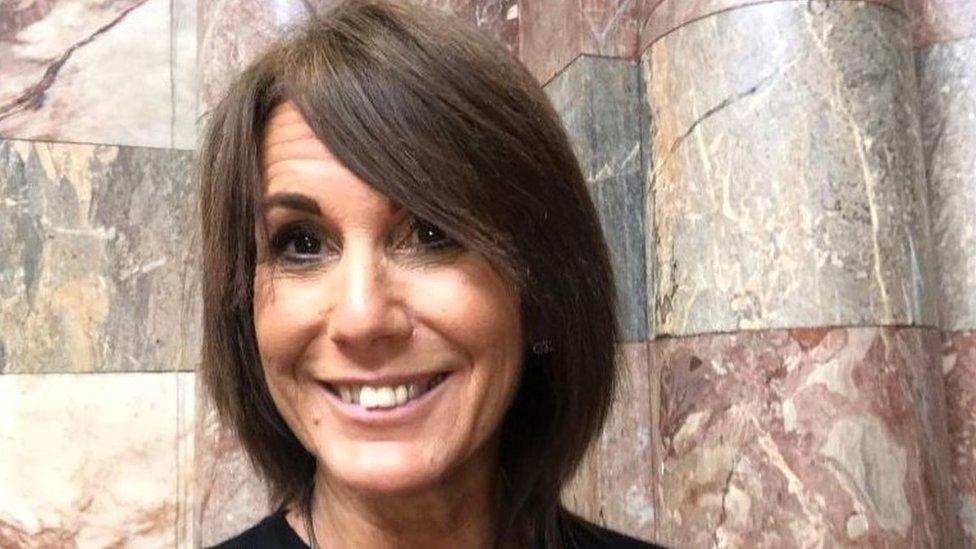
- Published1 May 2019
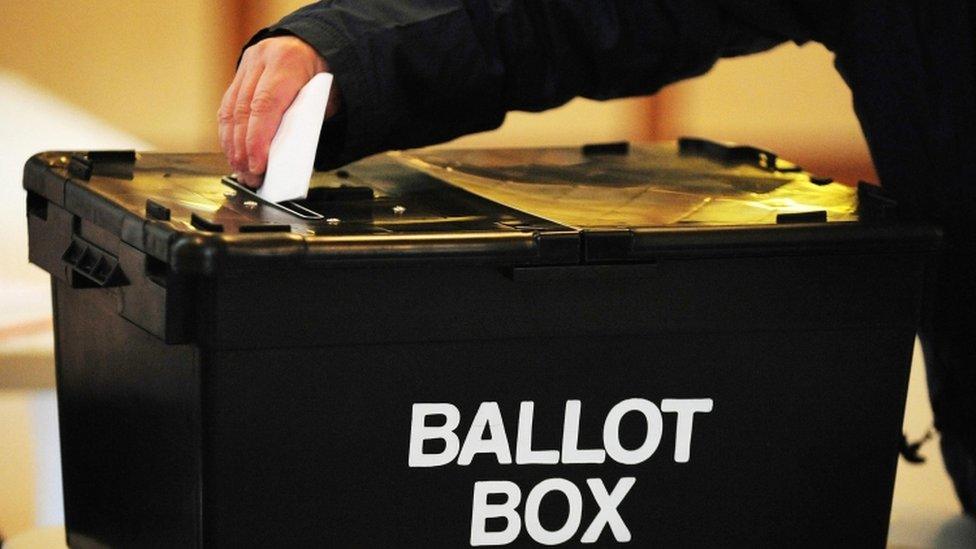
- Published26 April 2019
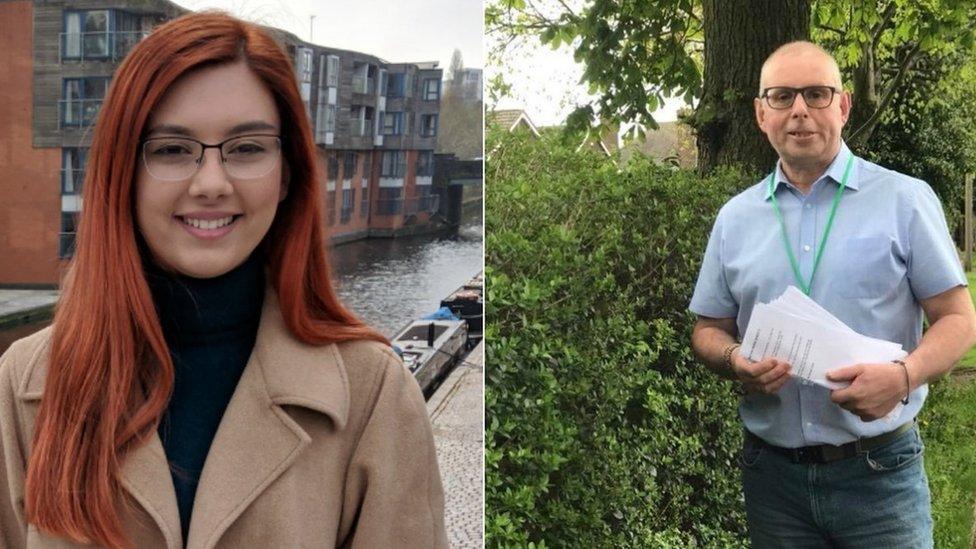
- Published9 April 2019
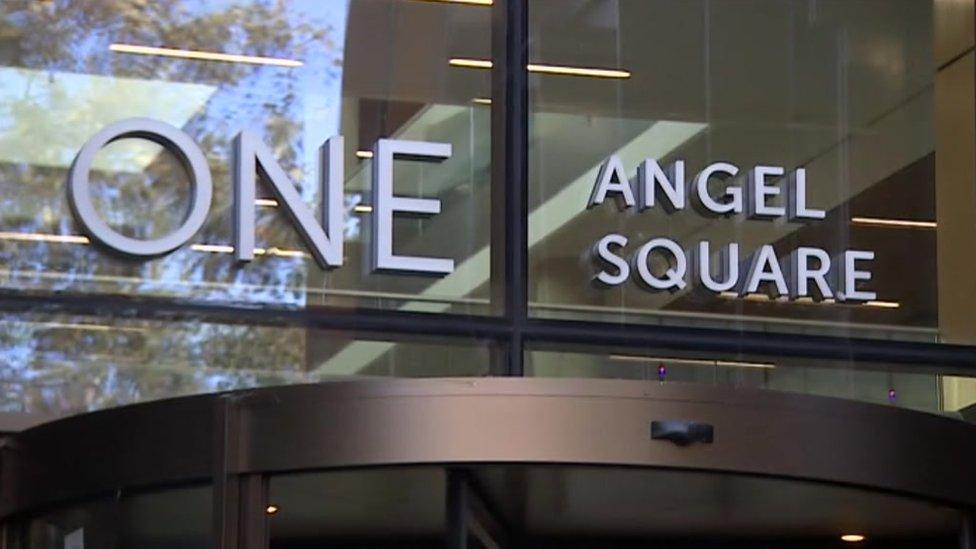
- Published2 April 2019
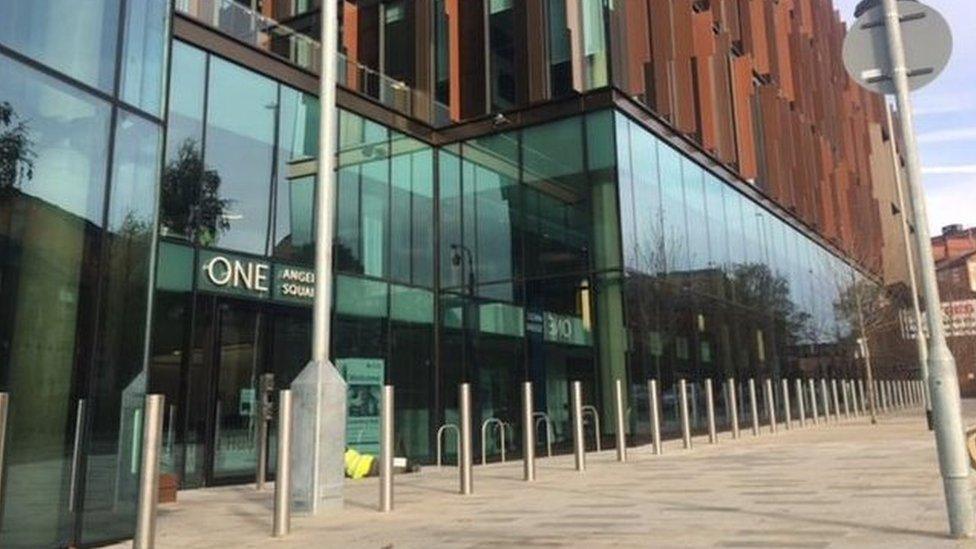
- Published28 March 2019

- Published27 March 2019
